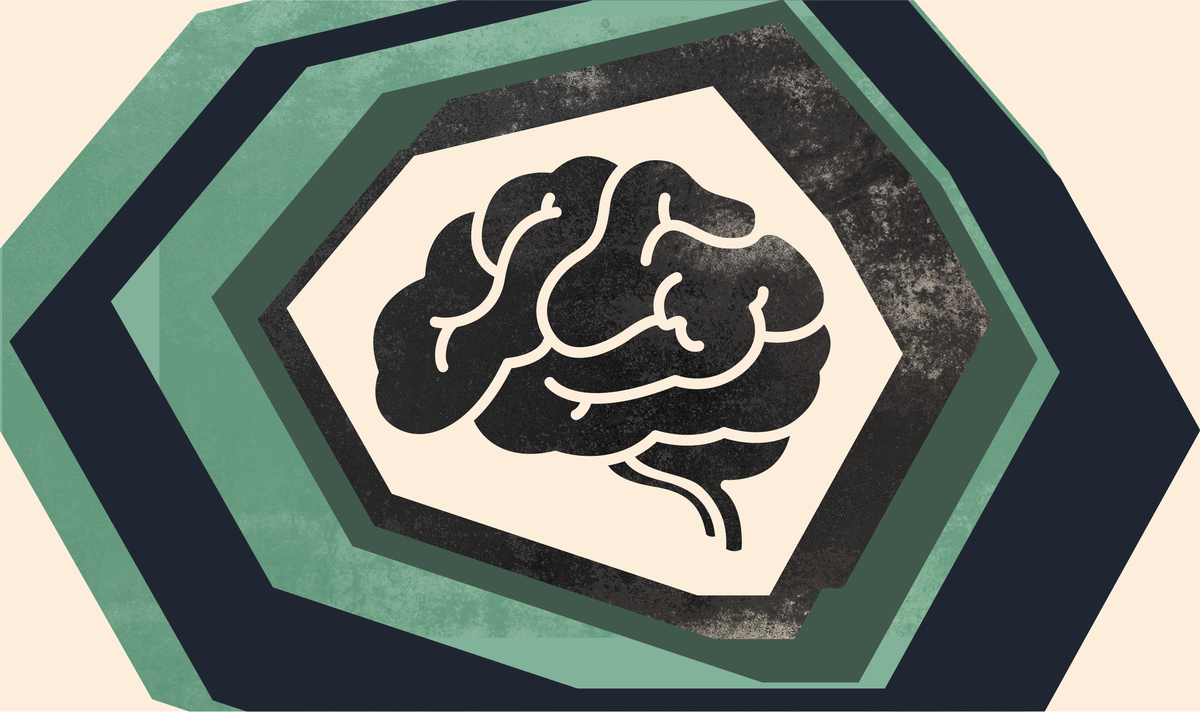Posts call out stigma toward those who experience suicidal ideation
Conversations also responded to Meta’s new content moderation guidelines, which will allow users to make claims of mental health conditions based on someone’s sexuality or gender identity.

Conversations also responded to Meta’s new content moderation guidelines, which will allow users to make claims of mental health conditions based on someone’s sexuality or gender identity.
This past week, posts sparked conversation about the stigmatizing views that people who experience suicidal ideation are “selfish” and that people who struggle to focus are “lazy.” Other posts responded to Meta’s new content moderation guidelines, with some repeating the false claim that LGBTQ+ identities are mental health conditions.
Communicators may share suicide prevention resources, provide information about ADHD symptoms and treatment options, and reiterate that while LGBTQ+ identities are not mental health conditions, stigma may contribute to mental health conditions in this community.

Insights brought to you by the reporters and science writers of Public Good News (PGN), a nonprofit newsroom dedicated to improving community health.
What’s trending nationally in conversations about mental health
On January 10, an X user shared a post expressing anger about the belief that people who experience suicidal ideation are “selfish.” The post received approximately 76,600 likes, 6,200 likes, 2,200 reposts, and 30 comments as of January 15. Nearly all commenters agreed with the post’s sentiment, and some shared times when parents and therapists called them selfish after discussing their suicidal thoughts.
Several recent Reddit threads called out the stigmatizing view that people with mental health conditions are “lazy.” One post—which received approximately 6,000 upvotes as of January 15—discussed feeling “dopamine depleted, not lazy” and shared strategies for improving their focus. Several commenters stated that they had been diagnosed with ADHD and employed tools like exercise, limiting time on social media, and medication to accomplish more throughout the day.
On January 7, multiple news articles reported that Meta—a technology conglomerate that owns platforms like Facebook and Instagram—changed its content moderation guidelines. Meta’s platforms will continue to prohibit insults about users’ mental health conditions. However, those platforms will now allow users to accuse people of having mental health conditions based on their sexuality or gender identity. The articles were shared across multiple platforms, with some posts receiving hundreds of thousands of views, and comments were mixed. Some thanked Meta for changing its guidelines, calling it “the return to SANITY” and the end of “wokeness” and falsely claimed that being part of the LGBTQ+ community is a mental health condition. Others expressed concern about the new guidelines. One comment read, “Allowing harmful rhetoric or unfounded allegations based on gender or sexual orientation under the guise of political or religious discourse could escalate discrimination and stigmatization.”

Recommendations brought to you by the health communication experts behind Infodemiology.com.
Recommendations for public health professionals
Each week, the Infodemiology.com team will provide messaging recommendations in response to some of the trending narratives outlined above. These helpful tips can be used when creating content, updating web and FAQ pages, and developing strategy for messaging about mental health.
In response to conversations about suicidal ideation, communicators may recirculate the warning signs of suicide and suicide prevention resources, such as support groups, local mental health centers, therapist directories, and the 988 Suicide & Crisis Lifeline. Sharing mental health helplines geared toward your organization’s target populations is recommended, such as the BIPOC-led Call BlackLine, the peer support hotline YouthLine, the Indigenous-led StrongHearts Native Helpline, the LGBT National Help Center, the Trevor Project’s hotline for LGBTQ+ youth, and Trans Lifeline. Sharing resources for people who have lost loved ones to suicide is also recommended.
Ongoing conversation about ADHD demonstrates a need for more educational messaging. Messaging may share information about ADHD treatment options, including medications and therapy. Communicators may continue to stress that lifestyle changes work best when implemented alongside medication and therapy.
New content moderation guidelines may generate more false claims that allege that being LGBTQ+ is a mental health condition. Communicators may explain that all major mental health organizations agree that LGBTQ+ identities are normal variants of human sexuality and gender. However, LGBTQ+ people may experience psychological distress in response to discrimination and stigma. Communicators may want to recirculate mental health resources for LGBTQ+ people, such as directories where people can search for LGBTQ-informed therapists, support groups, and tailored mental health hotlines.
